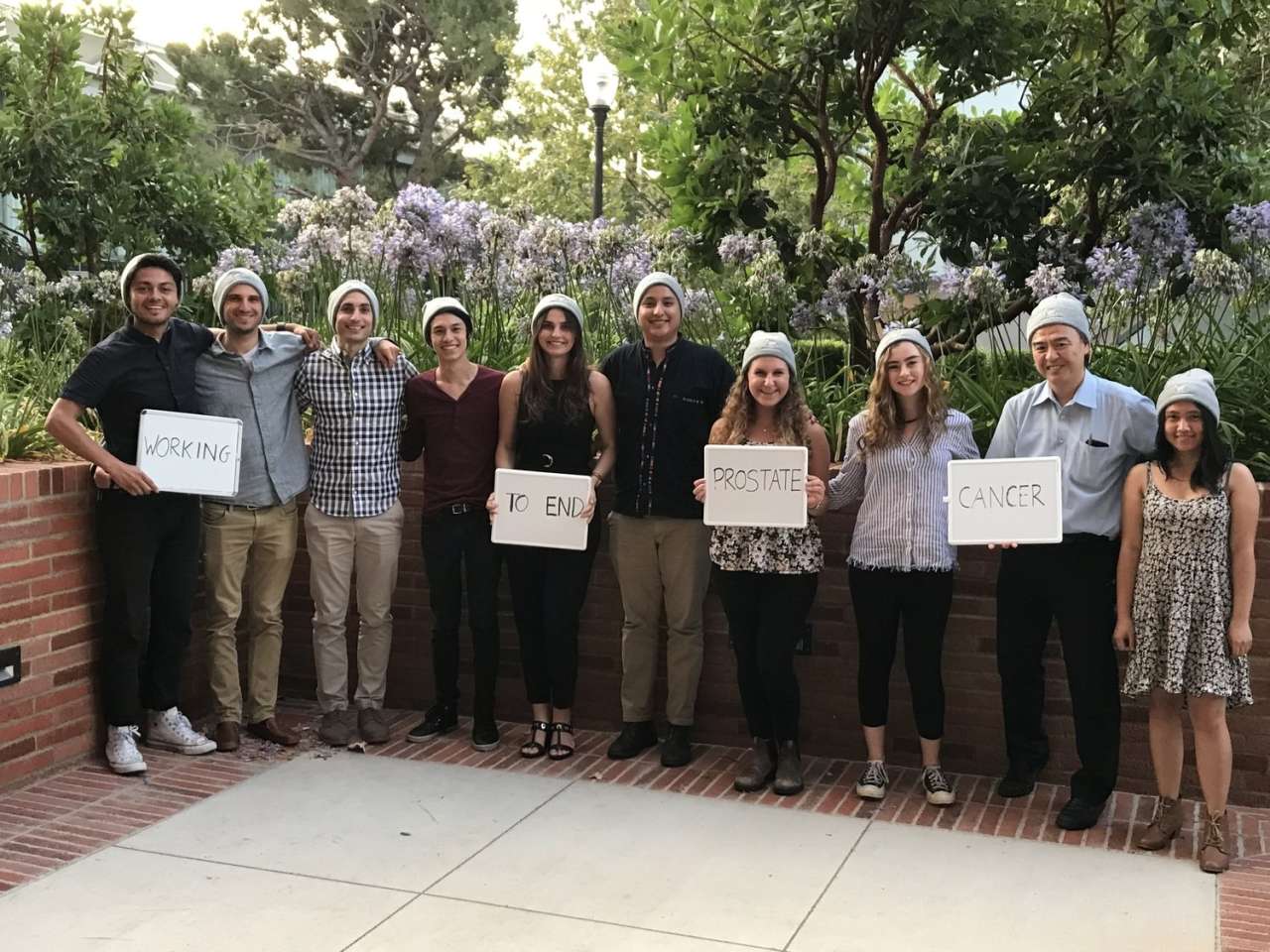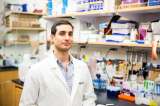Dr. Andrew Goldstein Lab
The research in the Goldstein laboratory is focused on the intersection between cancer biology, aging and metabolism with an emphasis on defining mechanisms that regulate prostate tumorigenesis. Prostate cancer is a leading cause of cancer and cancer-related deaths worldwide. A better understanding of prostate cancer initiation, progression and treatment-resistance is critical for developing new therapies to extend life and reduce deaths from prostate cancer. Dr. Goldstein and colleagues have worked to define progenitor cells in the mouse and human prostate (PNAS) and demonstrate that these progenitor cells are susceptible to oncogenic transformation (Science) and can initiate prostate cancer (PNAS). Aging and chronic inflammation are risk factors for prostate cancer, but the mechanisms by which they increase disease risk has been poorly understood. The Goldstein lab has characterized inflammatory cells in the mouse and human prostate using mass cytometry (AJCEU), and found that luminal progenitor cells are expanded in regions of chronic inflammation (Cell Reports) and in the aging prostate (Cell Reports), suggesting that age and inflammation are associated with an increased population of progenitor cells at risk for transformation. As epithelial cells undergo aging and malignant transformation, they exhibit metabolic reprogramming to support changes in energy demands and a changing microenvironment. The Goldstein lab is investigating how these metabolic changes enable prostate cancer initiation and progression (Cancer & Metabolism).

Research Areas > | Publications > | Meet Our Team >

Andrew Goldstein, PhD
Andrew Goldstein, Ph.D., is an Assistant Professor in the departments of Molecular, Cell & Developmental Biology and Urology, and a member of the Broad Stem Cell Research Center and UCLA Health Jonsson Comprehensive Cancer Center at UCLA. Dr. Goldstein attended Dartmouth College in Hanover, New Hampshire where he majored in Biochemistry and Molecular Biology and was a two-time NCAA Division 1 All-American lacrosse player. Dr. Goldstein moved to UCLA where he completed his Ph.D. in the laboratory of Dr. Owen Witte, isolating epithelial progenitor cells from mouse and human prostate tissue and demonstrating the capacity of progenitor cells to respond to oncogenic transformation. This work included the first demonstration of a cell of origin for human prostate cancer reported in Science Magazine. In 2011, Dr. Goldstein became the Inaugural fellow of the Broad Stem Cell Research Center and received a Prostate Cancer Foundation Young Investigator Award and a Department of Defense Prostate Cancer Research Program Idea Development Award to elucidate the cellular and molecular mechanisms promoting epithelial cancer initiation, progression and resistance to treatment. Dr. Goldstein was awarded the 2018 Giants of Science Hope Award from the American Cancer Society and a 2019 Young Investigator Award from the Society for Basic Urologic Research.